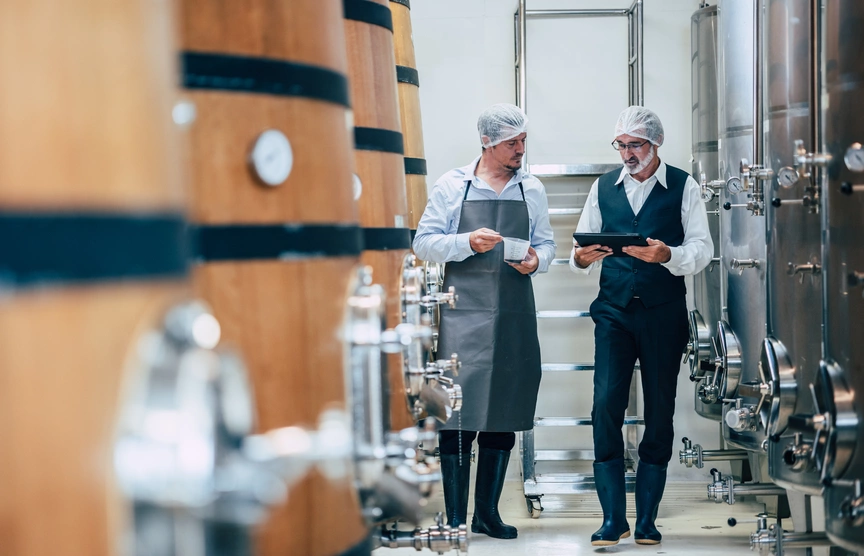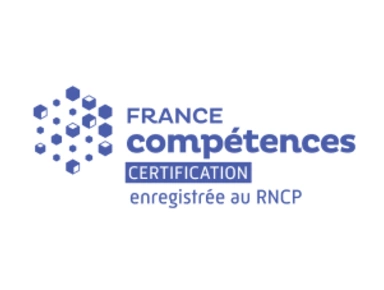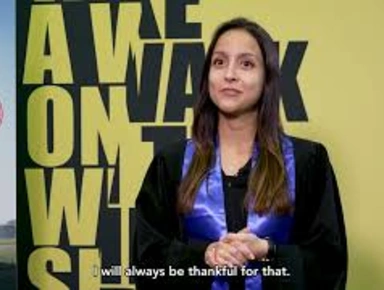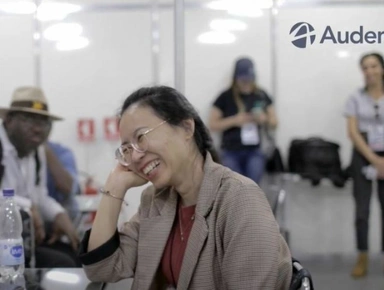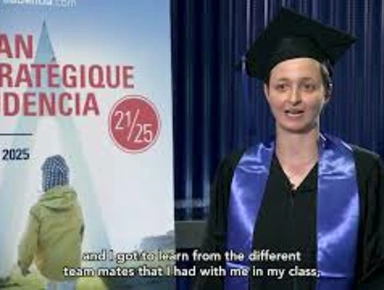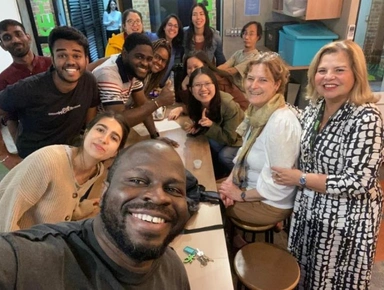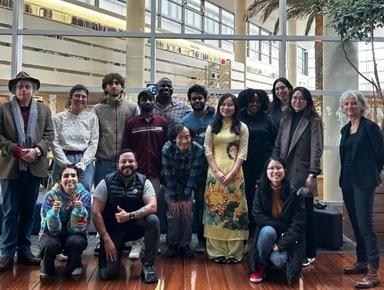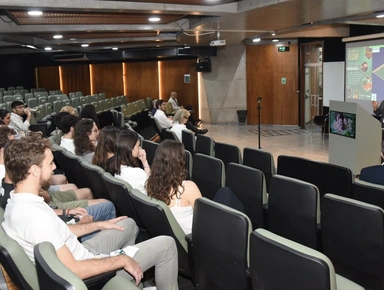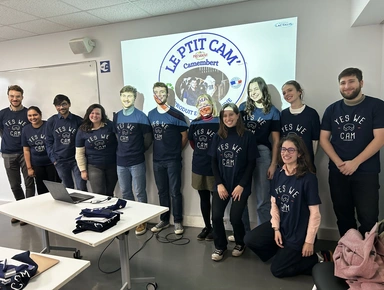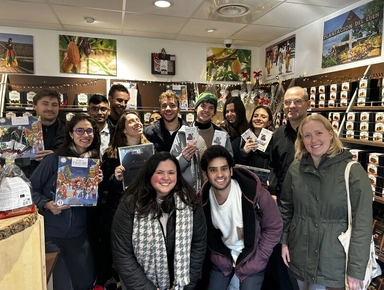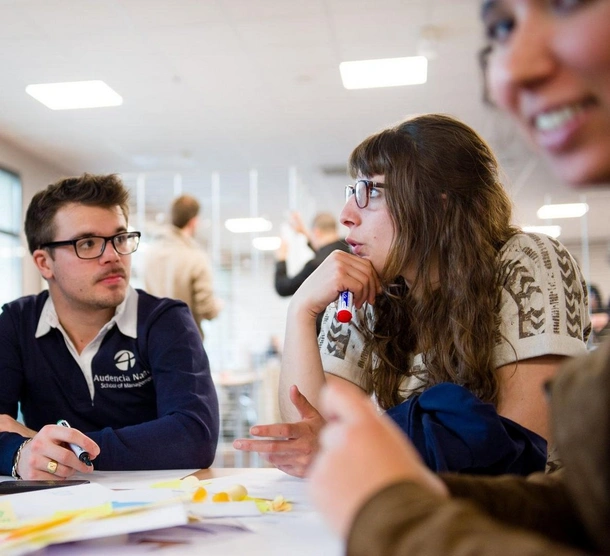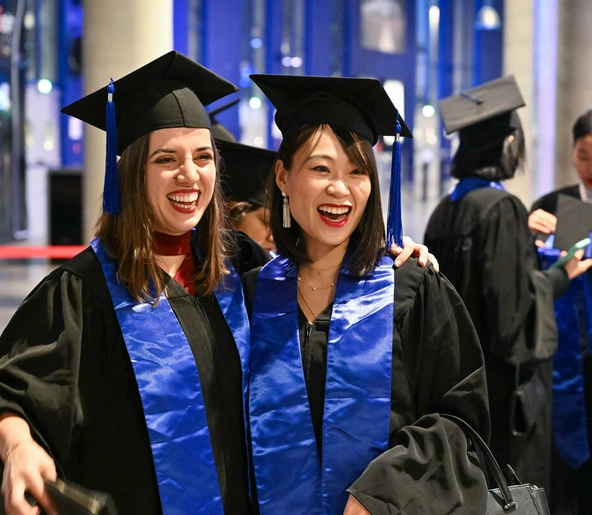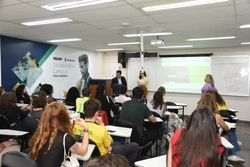Help the world's food and agriculture industry reinvent itself!
Discover our program
- A high level of cultural and academic diversity among students: you'll enrich each other's lives, and learn to work with people from different backgrounds,
- An unforgettable 2-month experience at a partner school in Brazil, giving you an insight into the challenges facing the food industry in general in tropical countries,
- A business-oriented teaching approach prepares you pragmatically for the world of work; your professional network goes global.

-
Rhythm:Full time
-
Total duration:26 months
-
Degree:Master of science - Grade Master, Visé BAC+5
-
Language(s):English
-
Format:Face-to-face
-
Campus:Audencia Atlantic Campus - Nantes, São Paulo Campus - São Paulo
-
Start Date:2025-09-01
-
Number of places:30
-
VAE accessible:No
-
Entry level:Graduate
-
Duration of internship / Work experience:4-6 months
-
Training schedule:The 2-year MSc program offers a total of 465 hours of training
Program Benefits
- Diverse cultural and academic backgrounds (students from all continents, 50% of whom are engineers and scientists),
- An MSc degree + an MBA certificate,
- Studies in France and Brazil, two world leaders in the food industry,
- A program applied to the field,
- Small classes that bring together motivated students,
- Strong emphasis on soft skills and emotional intelligence
